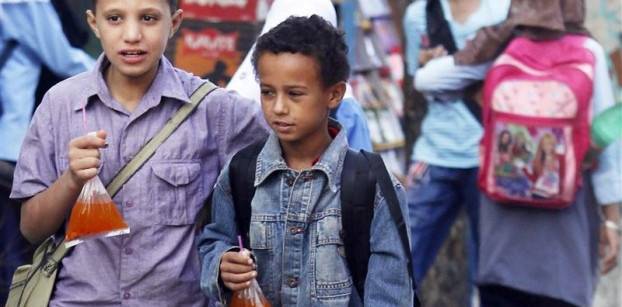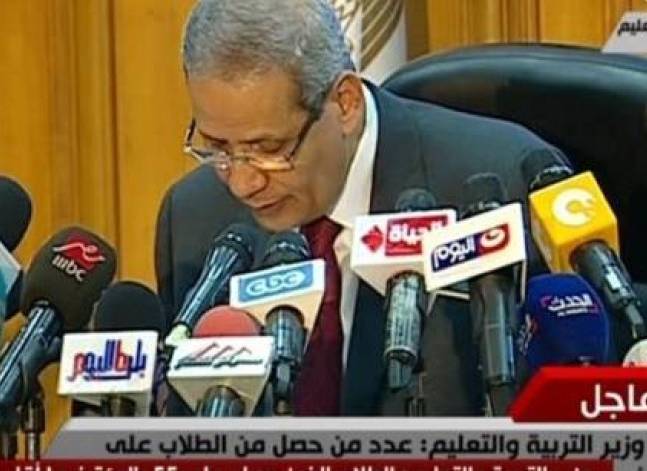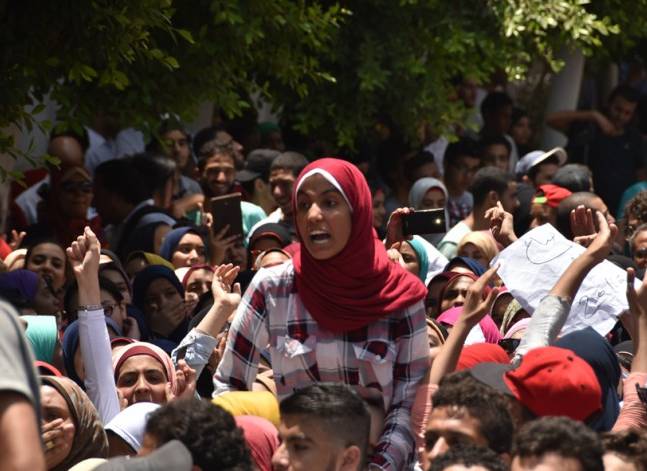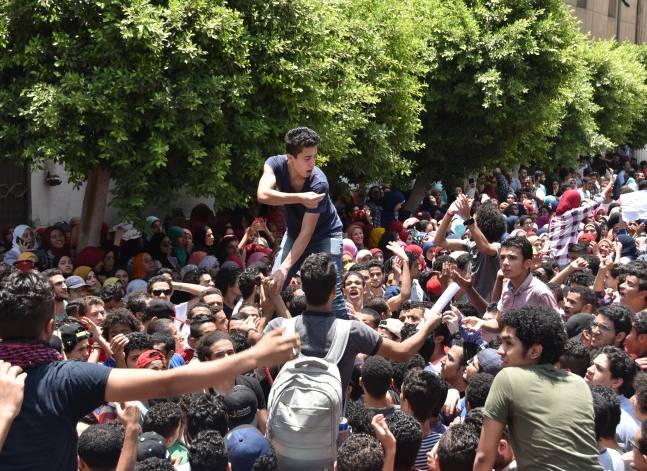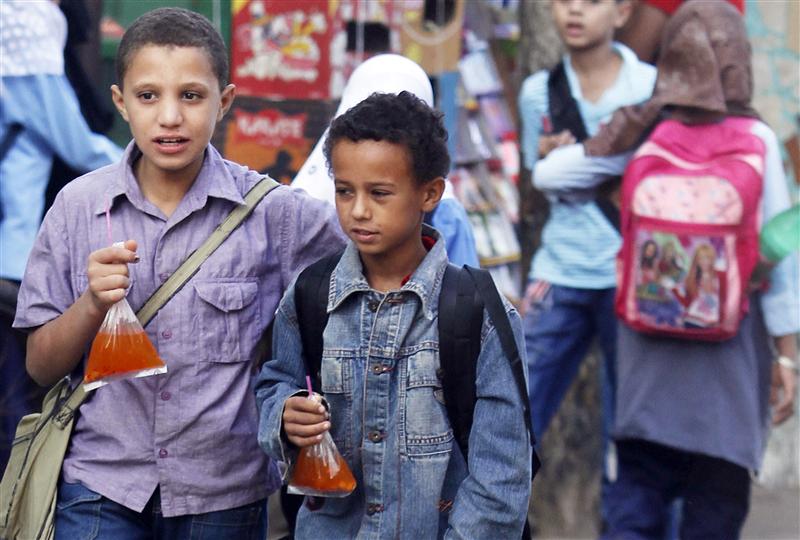Latest NEWS
- Aswat Masriya, the last word
- Roundup of Egypt's press headlines on March 15, 2017
- Roundup of Egypt's press headlines on March 14, 2017
- Former Egyptian President Hosni Mubarak to be released: lawyer
- Roundup of Egypt's press headlines on March 13, 2017
- Egypt's capital set to grow by half a million in 2017
- Egypt's wheat reserves to double with start of harvest -supply min
- Roundup of Egypt's press headlines on March 12, 2017
Egypt has fourth highest illiteracy rate among 13 Arab states
CAIRO, Sept 8 (Aswat Masriya) - As the world celebrates the 50th anniversary of International Literacy Day, Egypt's illiteracy rate remained at a high 23.7 percent, according to the state statistics agency's figures.
Arab countries still suffer an illiteracy rate of 27.1 percent compared to an overall 16 percent in the rest of the world during 2008-2016, as per the statistics published by The Central Agency for Public Mobilisation and Statistics (CAPMAS) on Wednesday.
Among thirteen Arab states, Egypt came fourth (23.7 percent) after Yemen, Morocco and Sudan in the highest illiteracy rates for individuals aged 15 years and above during 2008-2016.
Based on the 2015 labor force survey, the number of illiterate individuals aged 10 years and above reached about 14.5 million, around 64 percent of whom were females.
The illiteracy rate among youth (15-24 years old) was lower, estimated at 6.6 percent, in comparison to the older generations (60 years and above) whose illiteracy rate reached 59.4 percent.
The highest illiteracy rate was recorded in the provinces of Upper Egypt. Minya ranked the highest among those provinces with 32.1 percent of its inhabitants being illiterate, followed by Sohag, 31.4 percent, and Beni Suef, 29.6 percent.
Meanwhile, the lowest illiteracy rate was recorded in the Red Sea province, 6.3 percent, and New Valley, 8.2 percent.
Many initiatives have come into being to combat illiteracy in Egypt. Among those initiatives is Educate-ME, a non-profit foundation that seeks to help underprivileged children continue their education. The organisation has even established its own educational approach that is "learner-centered."
Other NGOs and charity organisations also play a role in providing literacy classes in their target communities, preparing persons to enter the state-sponsored literacy exam.
The United Nations Educational, Scientific and Cultural Organisation (UNESCO) proclaimed Sept. 8 International Literacy Day five decades ago "to actively mobilize the international community and to promote literacy as an instrument to empower individuals, communities and societies."
This year UNESCO is celebrating International Literacy Day under the banner "Reading the Past, Writing the Future."
As defined by UNESCO, "literacy is a human right and the basis for lifelong learning. It empowers individuals, families and communities and improves their quality of life."
The "multiplier effect" of literacy in terms of its impact on poverty levels, child mortality, population growth, gender equality and sustainable development renders it of high significance by the international community.
The 2030 Agenda for Sustainable Development includes literacy as part of Goal 4 which aims to "ensure inclusive and equitable quality education and promote lifelong learning opportunities for all."
The stated target is that by 2030 all youth and a substantial proportion of adults, both men and women, achieve literacy and numeracy.

